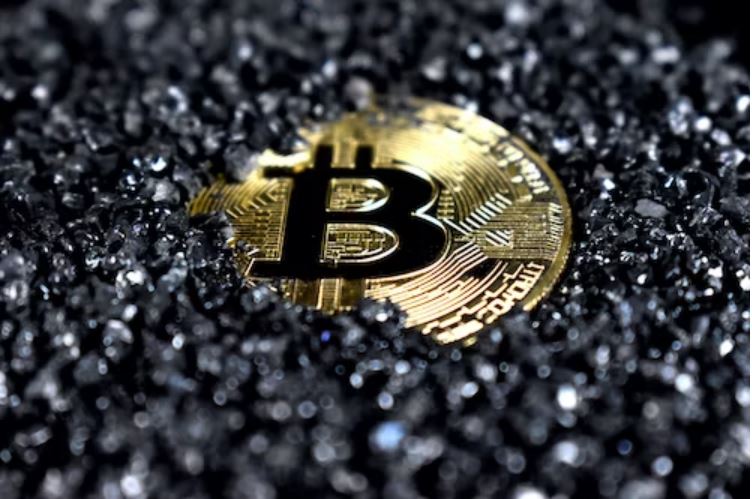The Division of Treasury has lifted Sanctions on Twister Money, the Ethereum primarily based good contract mixer, following a collection of authorized defeats and administrative challenges.
“Based on the Administration’s review of the novel legal and policy issues raised by use of financial sanctions against financial and commercial activity occurring within evolving technology and legal environments, we have exercised our discretion to remove the economic sanctions against Tornado Cash as reflected in Treasury’s Monday filing in Van Loon v. Department of the Treasury,” the Treasury Division stated.
Fast Overview of the Twister Money Story
Twister Money was launched in 2019 as a decentralized protocol to boost transaction privateness on Ethereum.
In August 2022, the mixer was added to the Workplace of Overseas Belongings Management (OFAC) checklist, which incorporates sanctioned people and entities. U.S. regulation enforcement alleged that Twister Money facilitated over $7 billion in cash laundering, together with funds linked to North Korea’s Lazarus Group.
This led to a ban on U.S. individuals utilizing the service and authorized motion in opposition to its co-founders, Roman Storm and Roman Semenov, who have been indicted in 2023 for cash laundering tied to over $1 billion in transactions.
Six Twister Money customers, backed by Coinbase, sued the Treasury, difficult the sanctions.
A Texas federal court ruled in January 2025 that the good contracts couldn’t be sanctioned, a call upheld by the Fifth Circuit in November 2024.
In the present day the Treasury officially lifted the sanctions, citing evolving authorized and technological concerns, although it expressed concern about ongoing illicit crypto actions and strengthened its intent and authority to proceed DPRK sanctions.
Stress Continues
The Treasury nonetheless strengthened its intent to implement sanctions in opposition to Democratic Folks’s Republic of Korea (DPRK), an ongoing supply of geopolitical pressure given the latest $1 billion+ hack from Bybit argued to have been executed by Lazarous, a hacking group with DRKP ties.
“We remain deeply concerned about the significant state-sponsored hacking and money laundering campaign aimed at stealing, acquiring, and deploying digital assets for the Democratic People’s Republic of Korea (DPRK) and the Kim regime,” the company said.
“Treasury will continue to monitor closely any transactions that may benefit malicious cyber actors or the DPRK, and U.S. persons should exercise caution before engaging in transactions that present such risks.”
Though the lifted sanction seems to be excellent news for monetary privateness software program builders, it’s too early to inform what this implies for the Bitcoin and crypto business basically, or whether or not it should impact upcoming court docket circumstances like these in opposition to the Samurai Pockets builders.
“Digital assets present enormous opportunities for innovation and value creation for the American people,” stated Secretary of the Treasury Scott Bessent. “Securing the digital asset industry from abuse by North Korea and other illicit actors is essential to establishing U.S. leadership and ensuring that the American people can benefit from financial innovation and inclusion.”







